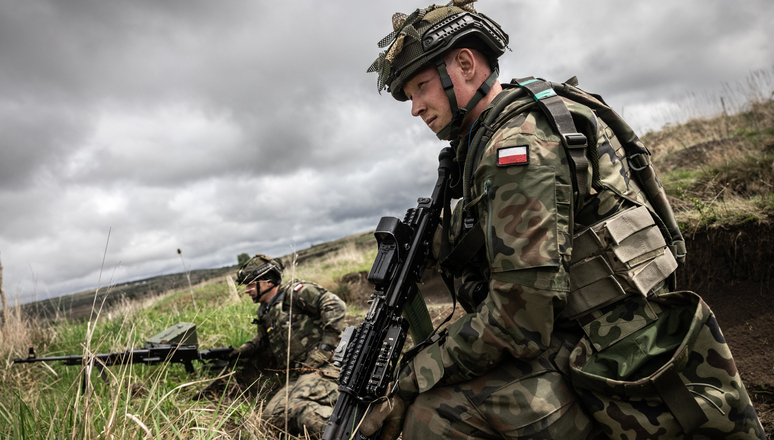Germany Launches Permanent Military Deployment in Lithuania, Marking a New Strategic Era
Eighty years after the collapse of the Nazi regime, Germany has taken a major step in reshaping its role on the global stage. With the formal activation of a permanent armored brigade in Lithuania, Berlin has signaled its readiness to move beyond its long-standing postwar aversion to military intervention. The deployment marks Germany’s first permanent foreign troop stationing since World War II — a decision driven by growing security concerns in Eastern Europe.
Historical Context: From “Blood and Iron” to NATO Deterrence
Otto von Bismarck’s 19th-century proclamation that the great questions of the day would be decided by “blood and iron” symbolized an era of Prussian militarism. In the aftermath of two devastating world wars, however, German military assertiveness became a source of unease throughout Europe. Since the end of World War II, the Federal Republic of Germany has maintained a strictly defensive military posture, focused on diplomacy and multilateral cooperation.
Now, in response to the increasingly aggressive posture of Vladimir Putin’s Russia, Germany is redefining its role in European defense, shedding its reputation as a hesitant or pacifist power.
The German Brigade in Lithuania: Deployment Timeline and Scope
On April 1, 2024, Germany officially launched the deployment of a 5,000-strong armored brigade in Lithuania — a key NATO ally bordering Russia and Belarus. The move is part of NATO’s broader strategy to strengthen its eastern flank, ensuring rapid response capabilities in the face of regional threats.
The new 45th Armored Brigade, under the command of Brigadier General Christoph Huber, was formally activated near Vilnius. A temporary headquarters has been established, and the unit is now operating under German command. “We have a clear mission: to ensure the protection, freedom and security of our Lithuanian allies on NATO’s eastern flank,” said Huber during the inauguration. “In doing so, we also protect NATO territory — and Germany itself.”
The brigade will be deployed in phases:
- 2024: Initial wave of troops, expected to number around 500 by year’s end.
- 2025–2026: Major deployment stages, including logistical and support units.
- 2027: Full operational capability with 5,000 troops across multiple locations in Lithuania.
Beyond Combat: Comprehensive Military Infrastructure
Germany’s deployment plan includes more than combat personnel. Support infrastructure will be critical to ensuring the brigade’s sustainability and effectiveness. Among the components being established are:
- A military medical center
- Signal and communications companies
- Command support teams
These additions underscore NATO’s concept of “deterrence by forward defense,” shifting from reactionary measures to pre-emptive readiness along its borders.
Strategic and Political Implications
For NATO, the German deployment is a significant affirmation of alliance unity and readiness. It bolsters the alliance’s deterrence framework at a time when Eastern European members, particularly the Baltic states, remain deeply concerned about the potential for Russian aggression.
For Germany, this move marks a strategic and political turning point. After decades of maintaining a low military profile, Berlin is now asserting itself as a security guarantor in Europe. This deployment demonstrates a clear willingness to invest in collective defense and take on a leadership role within NATO.
It also reflects the broader shift in German foreign policy under increasing geopolitical pressure, where economic strength is now being paired with military responsibility.
Conclusion
Germany’s decision to station a permanent armored brigade in Lithuania is not just a tactical maneuver — it is a symbolic departure from decades of postwar military restraint. In an era marked by renewed geopolitical tensions, Berlin is aligning itself with NATO’s evolving defense posture and committing to the protection of its allies. As the 45th Armored Brigade ramps up toward full operational capacity, it represents a new chapter in Germany’s role on the global stage: one where deterrence and defense are no longer historical taboos but strategic necessities.

